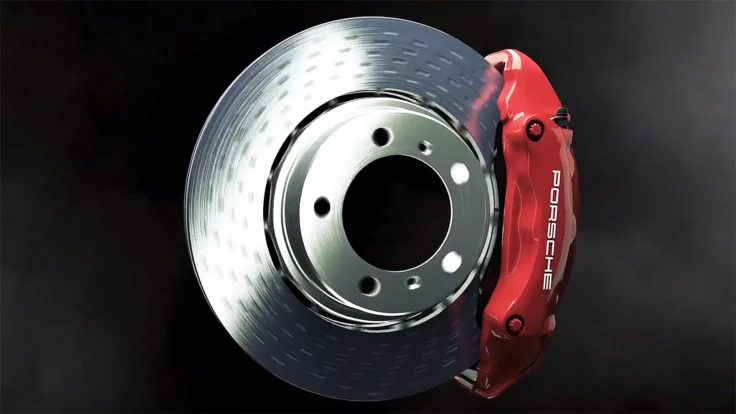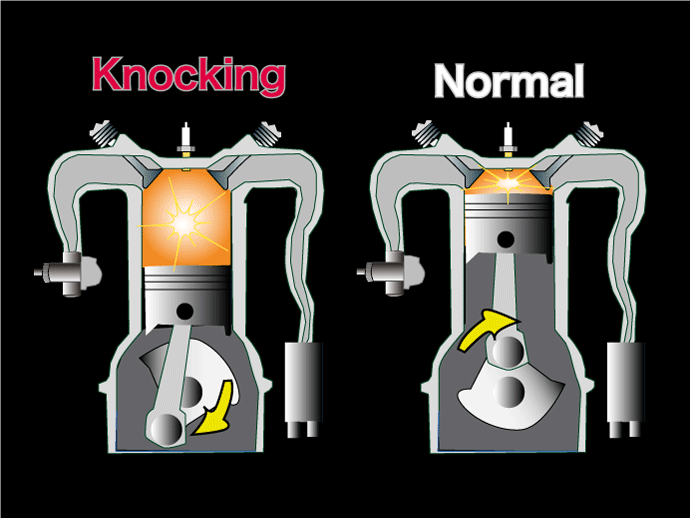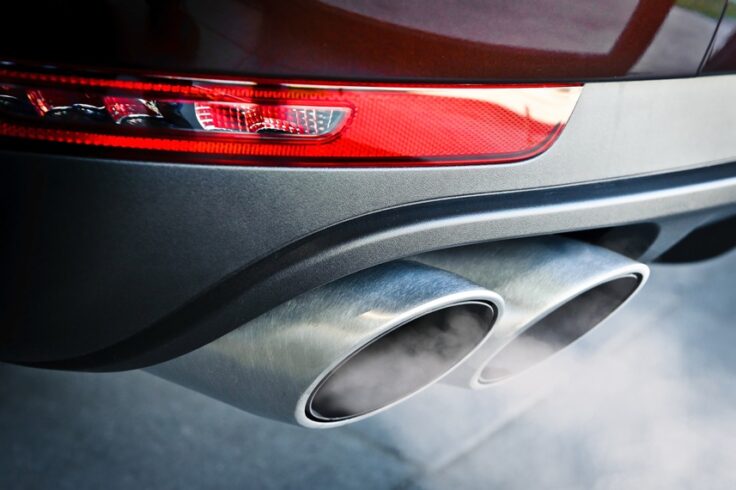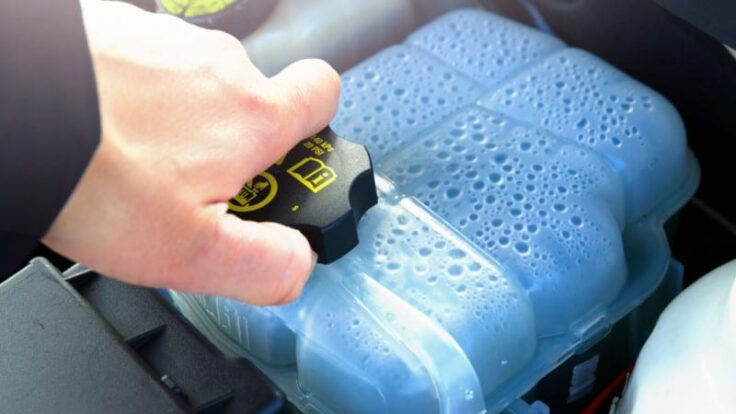While owning a car grants you the freedom to move around, it also means taking on the responsibility of maintenance. Occasionally, your vehicle may produce unfamiliar sounds that could point to underlying problems. Being able to identify these common car problems by sound can save you time, money, and the hassle of dealing with major breakdowns. Here we will discuss different sounds your car might make and what they could potentially signify. If you want to learn more pro tips, visit Classic Elite.
Squealing Brakes

If you notice a high-pitched squeal when you apply the brakes, it’s likely an indication that your brake pads are worn out. Brake pads come with wear indicators that emit this sound when they become thin. Ignoring this sound could lead to reduced braking efficiency and potential damage to the rotors.
Grinding Gears
A grinding noise when shifting gears could point to a transmission problem. Worn-out clutch components or low transmission fluid levels might be the cause. It’s essential to address this issue promptly to prevent further damage to the transmission system.
Knocking Engine

A knocking or ticking sound from the engine could be due to various reasons, such as using the wrong type of gasoline, low oil levels, or worn-out engine components. This noise might indicate a serious issue that needs immediate attention to avoid severe engine damage.
Clicking CV Joints
If you hear a clicking sound when making sharp turns, it could be a sign of worn Constant Velocity (CV) joints. These joints are crucial for transferring power to the wheels, and ignoring this sound might lead to axle failure and a stranded vehicle.
Hissing Radiator
A hissing sound from under the hood might suggest a radiator leak. It’s important to check the coolant level and inspect for any visible leaks. Overheating due to a coolant leak can lead to engine damage if not addressed promptly.
Whining Power Steering
When you hear a whining noise as you turn the steering wheel, the power steering fluid might be low or contaminated. Addressing this issue can prevent steering system failure and ensure safe driving.
Roaring Exhaust

A loud roaring sound from the exhaust system could indicate a problem with the muffler or the exhaust pipes. It’s important to get timely repairs for a damaged exhaust because driving with one can reduce fuel efficiency and cause harm to the environment.
Rattling Undercarriage
If you hear a rattling noise coming from underneath your car, it could be caused by a loose heat shield or exhaust component. It’s important not to ignore this sound because it could lead to parts dragging on the road and causing additional damage.
High-Pitched Whistling
A high-pitched whistling sound, especially when accelerating, might indicate a damaged or loose vacuum hose. Addressing this issue promptly can prevent potential engine performance problems.
Growling Wheels
A growling or moaning sound from the wheels could be related to worn-out wheel bearings. Faulty wheel bearings can affect vehicle stability, so it’s crucial to have them replaced as soon as possible.
Humming Differential
When driving, especially during acceleration or deceleration, you might notice a humming or whirring noise emanating from beneath the vehicle. This is often a sign of issues with the differential, which is responsible for distributing power to the wheels. The noise typically intensifies with speed and can indicate worn bearings or insufficient lubrication. Regularly checking and changing the differential fluid can help in preventing this problem.
Popping in the Air Conditioning
A popping sound coming from the air conditioner can be alarming. Often, this sound is the result of the expansion and contraction of the AC components due to temperature changes. However, if the noise is consistent and frequent, it might indicate a malfunctioning blower motor, debris in the system, or issues with the ductwork. Regular maintenance and filter replacements can help prevent such sounds. Seek professional guidance if the popping persists, as operating a compromised AC system might exacerbate the problem.
Ticking from the Top End
A ticking sound from the top end of the engine, especially when it’s cold, might indicate a lack of lubrication to the valve train. The noise could be due to low oil levels, poor oil quality, or faulty hydraulic lifters. Always ensure your vehicle has the correct oil level and that oil changes are done at recommended intervals with the right grade of oil. If the ticking persists despite proper maintenance, it might be time for a professional assessment and potential valve train repairs.
Flapping Belts
A flapping or slapping sound often originates from the engine bay and can indicate a loose or damaged belt. Belts are crucial for running various components like the alternator, water pump, and power steering pump. Over time, these belts can wear out, become loose, or even break. It’s essential to inspect belts regularly for any signs of wear, cracks, or slack and replace them as needed. Ignoring a flapping belt can lead to more severe problems, including overheated engines or dead batteries.
Bubbling in the Coolant Reservoir

If you hear a bubbling or boiling sound near the front of your car, it could be coming from the coolant reservoir. This usually indicates the engine is overheating, and steam is forcing its way into the reservoir. Overheating can be due to various reasons, including a faulty thermostat, blocked radiator, or a malfunctioning water pump. Always keep an eye on your temperature gauge and ensure your coolant is at the recommended level and condition.
Final Say
Knowing how to recognize common car problems by sound can greatly help in maintaining your vehicle’s health and avoiding potential breakdowns. It’s important to address these issues promptly as it can save you from expensive and extensive repairs in the future. If you ever have doubts about the source of a particular sound, it’s best to consult a professional mechanic for a thorough inspection. By staying proactive, your car will provide you with smooth and worry-free rides for years to come.


